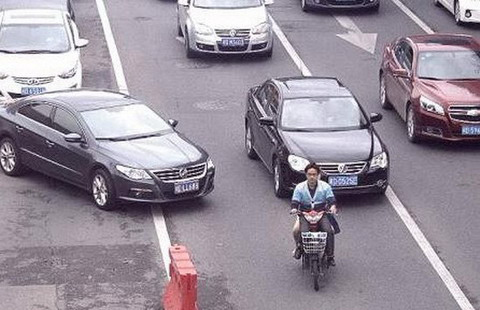Ma's mainland policies not cause of KMT's defeat
By Li Zhenguang (Chinadaily.com.cn) Updated: 2014-12-02 16:50On Tuesday, the Kuomintang (KMT) Ma Ying-jeou announced to quit the party chairmanship in a gesture acknowledging responsibility for the unprecedented recent election defeat the KMT suffered.
In Taiwan’s biggest-ever local elections held on Nov 29, the ruling Kuomintang Party was given a bloody nose by voters, as it won only six of the 22 county and city chief seats, and the opposition Democratic Progressive Party landed 13 of them. The “9-in-1 elections”, in which 11,130 holders were selected for nine sorts of public offices, ranging from municipal mayors to village leaders, herald an emerging shift in politics on the island.
Many have attributed the KMT’s defeat to the political incompetence displayed by its leader Ma Ying-jeou during his second tenure. Although aiming at the benign development of Taiwan’s economic system, the policies proposed by Ma, including the raising the prices of oil and electricity and reducing pensions, had given rise to public dissatisfaction even among the KMT followers, especially from the Pan-Blue coalition. Losing their votes was probably a major cause of the KMT’s recent political Waterloo. Therefore the election result can be attributed to the policies that hurt the pro-blue voters’ welfare.
However, Ma’s polices toward the mainland have helped fundamentally improve cross-Straits ties, something that should be praised by people on both sides of the Straits. Since assuming office in 2008, Ma and his KMT have managed to reach 21 agreements with Beijing on the basis of the 1992 Consensus. There have been frequent exchanges and enduring stability, thanks to efforts on both sides of the Straits over the past six years. Most of the voters in the election would credit Ma with helping to realize a better cross-Straits relationship, despite his controversial economic policies.
With only a year and a half to go before the end of Ma’s term, the cross-Straits relationship, however, have big difficulties in incubating more groundbreaking achievements. Spurred on by its local election boost, the opposition DPP will seek to capitalize on it in the run-up to the leadership election in 2016. To do so, it will probably try to prevent Ma’s mainland policies, such as the already signed cross-Straits Service Trade Agreement, from taking effect.











